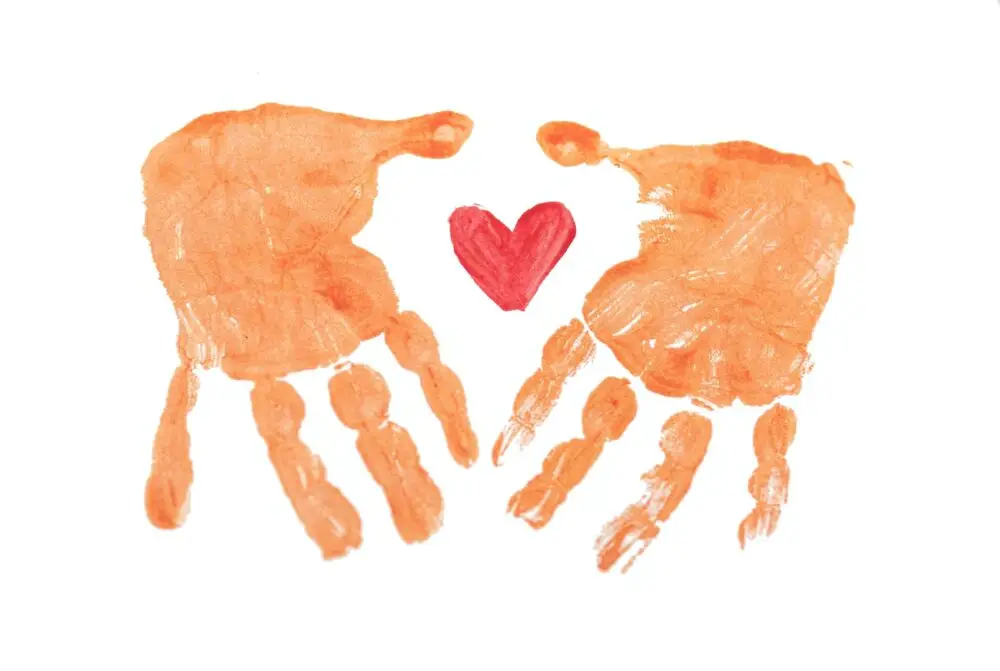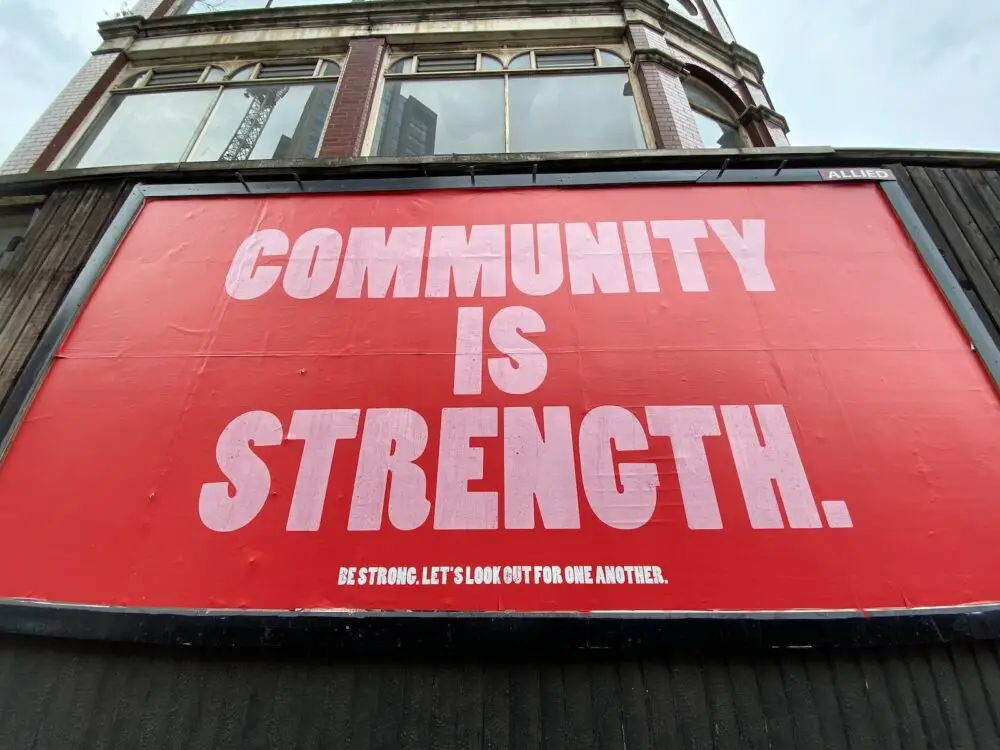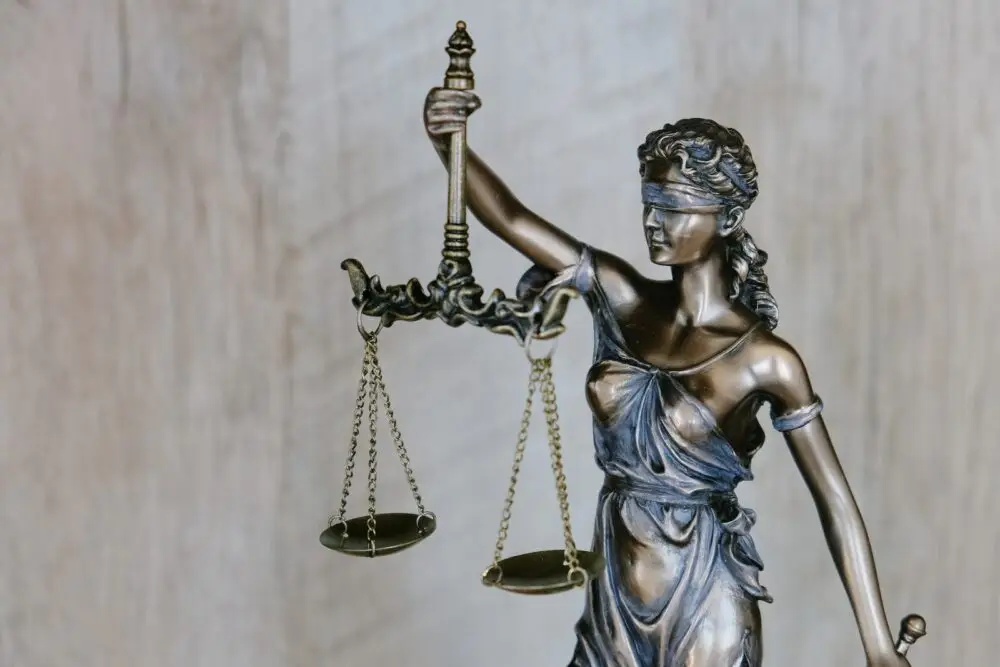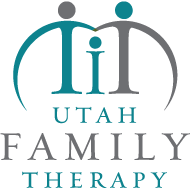Child Sex Abuse: Resource for Survivors and Loved Ones
Parents are becoming increasingly cautious about where their children go and who they see after hearing reports of sexual abuse in seemingly safe environments.
Table of Contents

How Common Is Child Sex Abuse?
Child Sex Abuse is a deeply distressing and pervasive issue that affects societies worldwide.
Children who have experienced sexual abuse are at risk of becoming trafficking victims because human traffickers offer protection, love, or understanding to entice a child who feels fearful and alone.
While it is difficult to pinpoint exact numbers due to underreporting and varying definitions across different jurisdictions, studies, and research indicate that child sex abuse is, unfortunately, more common than many people might assume.
Centers for Disease and Control report estimates that at least one in four girls and one in 13 boys in the United States experience sexual abuse during childhood.
According to data from organizations like UNICEF and the World Health Organization, millions of children worldwide experience sexual abuse each year.
These incidents occur across diverse socio-economic backgrounds, cultures, and communities, highlighting the alarming prevalence of this problem.
It’s important to note that child sex abuse often goes unreported due to fear, shame, or lack of awareness about available support services.
Many cases remain hidden within families, institutions, or communities, making it challenging to quantify the true extent of the issue.
Efforts to combat child sex abuse involve raising awareness, providing education, and creating safe spaces where victims can come forward without fear of judgment or retaliation.
Support systems for survivors and their families play a crucial role in breaking the cycle of silence and ensuring that victims receive the help they need to heal and rebuild their lives.
Preventing Child Sex Abuse
Protecting children from sexual abuse falls to all adults around them, including counselors, teachers, doctors, and parents.
Preventing child abuse and ensuring the safety and well-being of children require a collective effort from families, communities, governments, and institutions.
Education and awareness are paramount in this regard.
Parents and caregivers must be informed about what constitutes child abuse, how to recognize signs of abuse and the importance of open communication with their children.
Teaching children about their rights, boundaries, and safe touches empowers them to speak up when they feel uncomfortable, enhancing their ability to protect themselves.

Communities play a vital role in child protection.
Neighborhoods can establish watch programs where residents are vigilant about unusual activities and look out for the well-being of all children.
Schools are responsible for educating students and staff about recognizing signs of abuse and reporting any suspicions to the appropriate authorities.
Training teachers, counselors, and other school personnel in child protection protocols can create a safe environment where children feel secure and supported.
Encouraging your Government and institutions to enact and enforce strict laws against child abuse.
This includes implementing thorough background checks for individuals working with children, whether in schools, daycare centers, sports clubs, or other settings.
Adequate social services and child protective agencies; however, funding is crucial to ensure timely interventions and support for at-risk families, so consider getting involved.
Additionally, providing accessible mental health services and counseling for families dealing with stress, substance abuse, or other challenges can be instrumental in preventing abuse.
Parenting classes and support groups can offer guidance on effective parenting techniques, stress management, and healthy communication, reducing the likelihood of abusive behaviors.
Media and public campaigns also have a significant impact on prevention. Awareness campaigns can dispel myths about abuse, educate the public about its consequences, and encourage reporting.
By fostering a culture of intolerance towards child abuse, society can create an environment where perpetrators are held accountable for their actions.
Lastly, fostering a supportive and nurturing environment within families is essential.
Building strong family bonds, encouraging open communication, and providing emotional support can create a foundation of trust and security for children.
Families prioritizing respect, empathy, and understanding contribute significantly to preventing child abuse, ensuring children grow up in safe and loving environments where they can thrive.

What To Do if You or Someone You Know Has Experienced Child Sexual Abuse
If you or someone close to you has been a victim of child sex abuse, contact the police immediately and explain to the child that the police can protect them from further abuse.
A knowledgeable and experienced attorney can help you decide whether to file a civil suit after you experience sexual abuse as a child or suspect a child close to you is being abused.
If you or someone you know has experienced child sex abuse, it is essential to take immediate action to ensure safety, support, and justice.
First and foremost, prioritize the well-being and safety of the survivor.
Encourage them to find a safe space away from the abuser, if possible.
If the abuse is ongoing, contact law enforcement or child protective services immediately to report the situation.
Remember that it is never the survivor’s fault; the responsibility lies solely with the perpetrator.
Support from loved ones is crucial. Listen without judgment and offer empathy and understanding.
Encourage the survivor to seek professional help from therapists, counselors, or support hotlines specializing in trauma and abuse.
These professionals can provide appropriate guidance and emotional support tailored to the survivor’s needs.
Additionally, consider contacting organizations such as RAINN (Rape, Abuse & Incest National Network) in the United States or similar organizations in other countries which offer 24/7 hotlines and online support services for survivors of sexual abuse.
These organizations can provide valuable resources, counseling, and information about legal options.
Encourage the survivor to preserve evidence of the abuse, such as text messages, emails, or any other relevant documents, as these may be important in legal proceedings.
It’s also advisable to accompany the survivors if they report the abuse to the authorities, ensuring they have emotional support.
Remember, healing is a gradual process, and survivors may require different forms of support at different stages.
Patience, understanding, and unwavering support are invaluable in helping survivors navigate recovery and reclaim their lives after such a traumatic experience.

Statute of Limitations for Child Sex Abuse Survivors
A child abuse attorney can help you file a case before the statute of limitations runs out.
The statutes of limitations (SOL) for child sex abuse cases refer to the legal time limits for survivors to file a lawsuit against their abuser.
These limitations vary significantly by jurisdiction and can be complex, often influenced by factors such as the survivor’s age, the type of abuse, and the specific laws of the state or country.
In the past, many jurisdictions had strict statutes of limitations that sometimes prevented survivors from seeking legal action against their abusers once a certain amount of time had passed since the abuse occurred.
However, there has been a growing recognition of the unique and often long-lasting impact of child sex abuse.
Many states and countries have reformed their laws to extend or eliminate statutes of limitations for such cases, allowing survivors more significant opportunities to seek justice, even years after the abuse took place.
These changes have been driven by a deeper understanding of the psychological trauma associated with child sex abuse.
Survivors often require significant time to come to terms with their experiences.
They may only feel ready to confront their abusers later in life.
Additionally, the delayed discovery of abuse, particularly in cases where the survivor represses memories or experiences fear and shame, has led to reevaluating statutes of limitations.
Some jurisdictions have eliminated statutes of limitations for child sex abuse cases, recognizing the need for survivors to have the time and space to heal before pursuing legal action.
Others have implemented “window” periods during which past cases previously barred by statutes of limitations can be brought to court.
These legal changes have played a crucial role in empowering survivors and holding perpetrators accountable, even decades after the abuse occurred.
Child Abuse Survivors must be aware of the statutes of limitations in their area and seek legal advice from professionals specializing in abuse cases.
Legal reforms are ongoing, reflecting society’s evolving understanding of the complexities surrounding child sex abuse and the need to provide survivors with avenues for justice and healing, regardless of the time that has passed.
Add Your Heading Text Here
Resources to help more:
Numerous resources are available for victims of child abuse and their families, providing support, counseling, legal assistance, and guidance to help them cope with the trauma and move toward healing and recovery. Here are some valuable resources that can be accessed:
- National Child Abuse Hotline (USA): The Childhelp National Child Abuse Hotline provides confidential assistance, crisis intervention, and information to individuals and families. You can reach them 24/7 at 1-800-4-A-CHILD (1-800-422-4453) or visit their website at www.childhelp.org.
- RAINN (Rape, Abuse & Incest National Network): RAINN is the largest anti-sexual violence organization in the United States. They operate the National Sexual Assault Hotline, available 24/7 at 1-800-656-HOPE (4673), and offer online chat services. Visit their website at www.rainn.org for more information.
- Childhelp USA: Childhelp provides various programs and services to prevent and treat child abuse. Their website (www.childhelp.org) offers resources, counseling services, and educational materials for children and families.
- Local Crisis Hotlines: Many communities have local crisis hotlines and shelters that provide immediate support and assistance to abuse victims. These numbers can usually be found through a quick online search or by contacting local social services organizations.
- Therapists and Counselors: Seeking therapy or counseling from professionals experienced in trauma and abuse can be beneficial. Websites like Psychology Today (www.psychologytoday.com) allow you to search for therapists specializing in trauma and abuse in your area.
- Legal Aid: If legal action is being pursued, local legal aid organizations can assist victims of abuse, particularly in cases where financial resources are limited. Contact your local bar association or legal aid society for information on pro bono or reduced-cost legal services.
- Support Groups: Joining support groups in person or online can provide a sense of community and understanding. Many organizations, including local mental health centers, host support groups for abuse survivors and their families.
- Educational Resources: Organizations like Prevent Child Abuse America (www.preventchildabuse.org) and Darkness to Light (www.d2l.org) offer educational resources, training programs, and workshops to prevent child abuse and empower survivors.
- National Children’s Alliance (NCA): NCA provides support and resources to Child Advocacy Centers (CACs) across the United States, which offer comprehensive services for child abuse victims, including therapy, medical examinations, and legal assistance. Visit www.nationalchildrensalliance.org for more information.
- Utah County Children’s Justice Center (UCCJC): UCCJC supports children from infant to 17 years of age in a comfortable environment and starts healing immediately because of the unique nature of its services. Visit www.afcjc.com for more information.
Remember, reaching out for help is a sign of strength, and there are caring professionals and organizations dedicated to supporting victims of child abuse and their families on their journey toward healing and recovery.
This article was inspired by Cordisco & Saile, who reached out to us to be added as a resource, they’re attorneys located in Pennsylvania and help victims.
